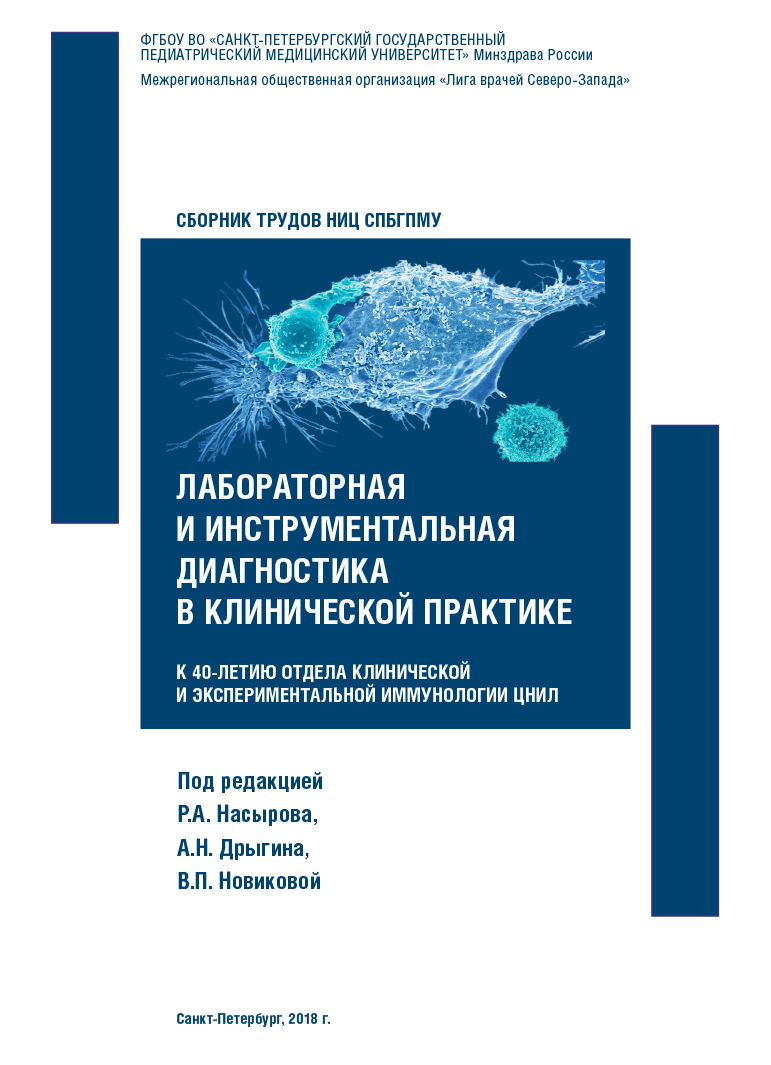СОСТОЯНИЕ здоровья детей дошкольного возраста, ОСТАВШИХСЯ БЕЗ ПОПЕЧЕНИЯ РОДИТЕЛЕЙ
Аннотация
Цель исследования - изучить особенности развития и состояние здоровья детей дошкольного возраста из социально-неблагополучной среды. Пациенты и методы. В «Центре медицинской и социальной реабилитации детей, оставшихся без попечения родителей, им. В.В. Цимбалина» в 2016-2017 гг., в процессе обследования, лечения и реабилитации, наблюдали 130 пациентов обоего пола в возрасте от 8 месяцев до 6 лет. Выявляли неблагоприятные факторы антенатального анамнеза, обращая внимание на образ жизни и состояние здоровья родителей, отмечали характер вскармливания в грудном возрасте, частоту перенесённых инфекционных заболеваний; оценивали эпидемиологический и прививочный анамнез. Всем пациентам проводили комплексное клинико-лабораторное обследование; оценивали физическое и психомоторное развитие; выявляли дефицитные состояния, кариес зубов, заболеваемость туберкулезом. Результаты. У всех детей отмечено сочетание многих неблагоприятных факторов антенатального анамнеза, отсутствие грудного вскармливания, большинство их них имели признаки социально-педагогической запущенности. Комплекс неблагоприятных факторов способствовал развитию рахита у 78,3% детей первых 2 лет жизни, белково-энергетической недостаточности I-II степени тяжести у 45,4%, железодефицитной анемии у 16,9%, а также отставанию в нервно-психическом и речевом развитии у 50,8%. Отмечена высокая частота респираторных инфекций, протекающих с бактериальными осложнениями (у 55,4% детей), а также кариеса зубов (у 45,4% детей), в том числе его распространённой формы (у 23,7% детей). Установлен очень высокий уровень заболеваемости малыми формами туберкулеза: туберкулез внутригрудных лимфатических узлов диагностирован у 3,8% детей. Заключение. Проблемы формирования здоровья, его сохранения и восстановления у детей дошкольного возраста из социально неблагополучной среды остаются высоко актуальными и требуют особого внимания государства, как со стороны педиатрической, так и со стороны социальных служб.



